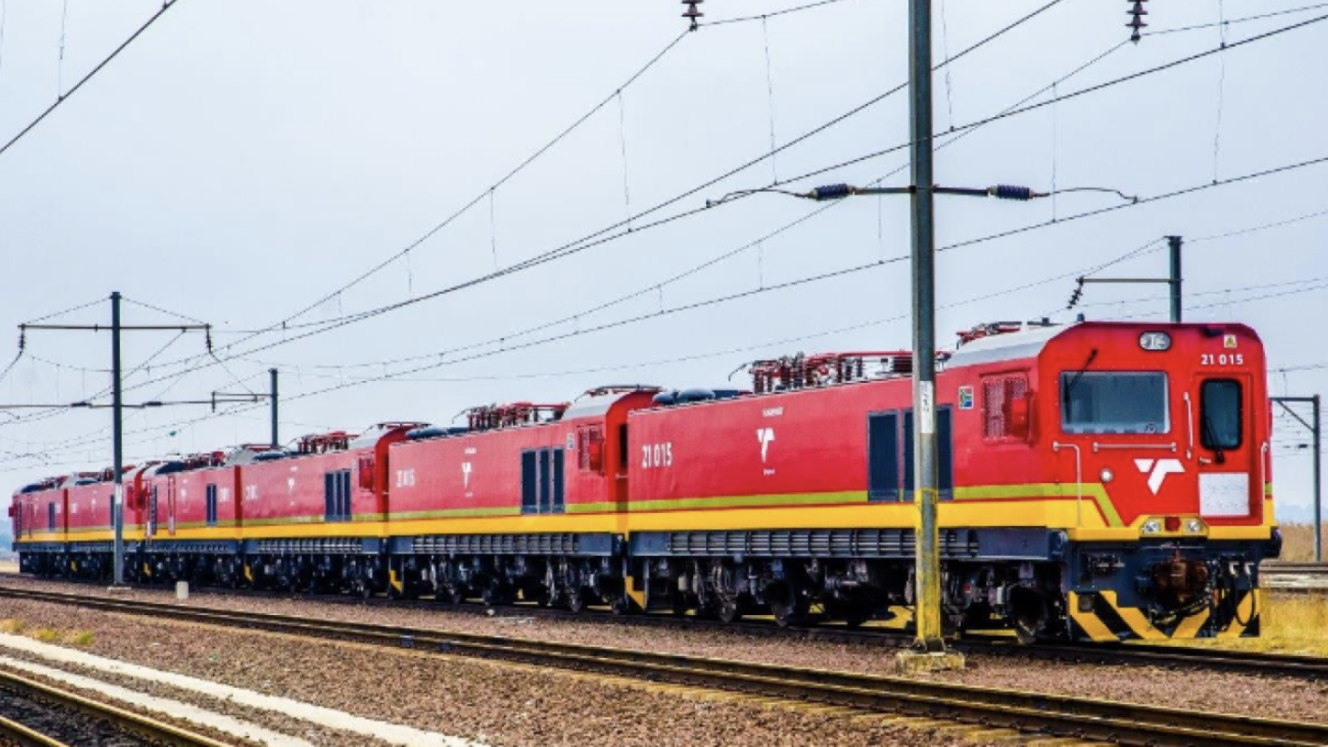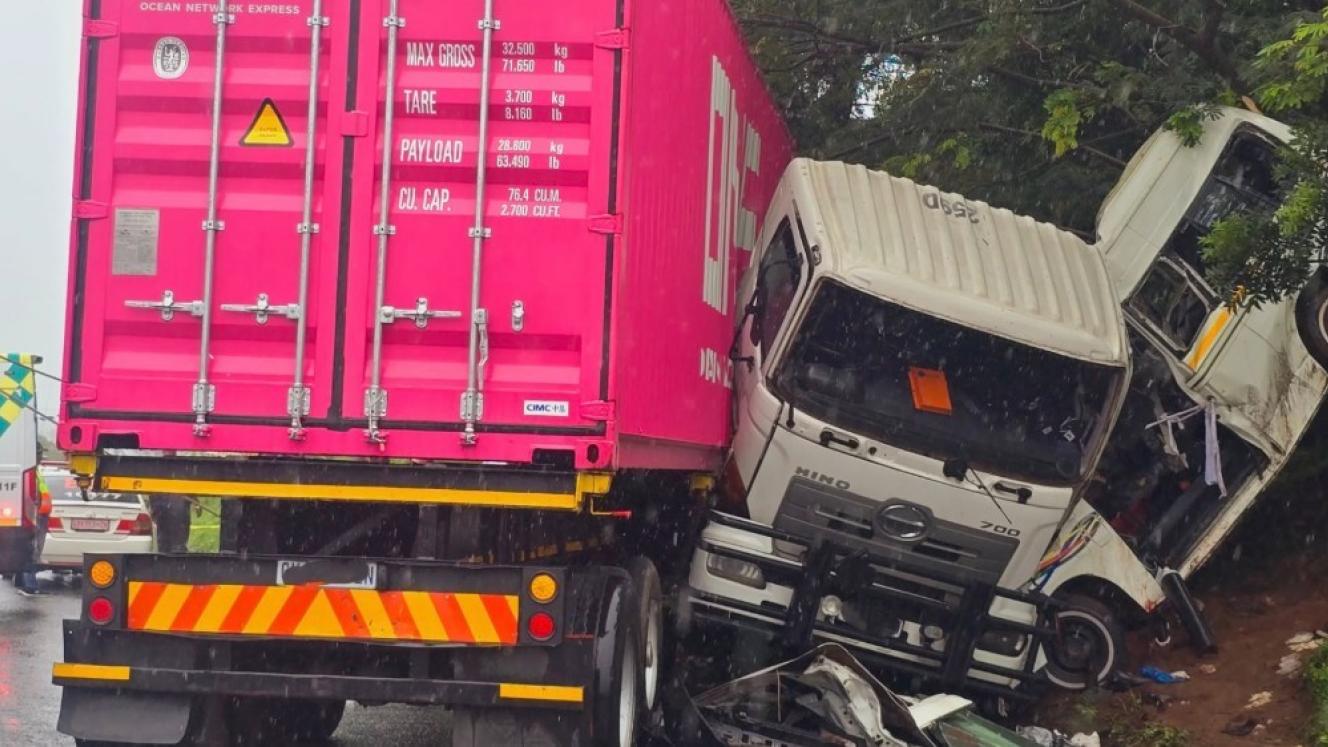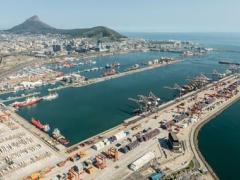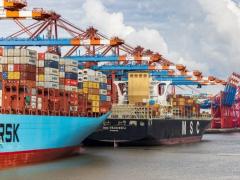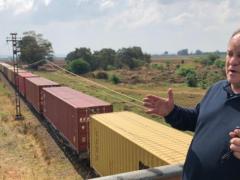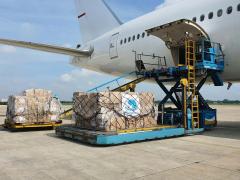The Citrus Growers Association (CGA) of Southern Africa has welcomed Transport Minister Barbara Creecy’s sweeping rail reforms, including the allocation of routes to private operators.
Writing in his latest newsletter, CGA CEO Boitshoko Ntshabele said the reforms promised to alleviate longstanding inefficiencies that have cost the citrus industry billions annually.
The citrus sector, South Africa's largest agricultural export industry, has been particularly hard-hit by logistics bottlenecks.
“In February of this year, the CGA released a BFAP report on the impact of logistics inefficiencies on our industry, and the total direct and indirect cost of these inefficiencies was estimated at R5.3 billion per annum - money that could have gone into the economy, created jobs and provided a good return for our growers,” Ntshabele said.
He added that Creecy had acknowledged the historical role that rail has played in facilitating trade and mobility on the continent by connecting mines to ports, farms to markets, and people to opportunities.
“This was important in the context of the disruptions created by US tariffs and the emergence of a trade-restrictive stance since April. These developments have led countries to scurry around to cultivate alternative market opportunities and diversify trade. Our own government has, of course, not been spared on this front,” Ntshabele said.
“We have, for instance, seen trips undertaken to Japan and India, with trade high on the agenda. There have also been calls made to take advantage of opportunities offered by the African Continental Free Trade Area (AfCFTA). One of the challenges with the notion of trade amongst ourselves on the continent is the interconnectedness of trade routes,” he said.
Africa is one of the least connected continents, which contributes significantly to the poor realisation of intra-Africa trade growth. Of all regions of the world, intra-Africa trade remains minuscule despite the AfCFTA coming into effect.
It is reported that it increased from 13.6% in 2022 to 14.9% in 2023. The immediate concern for growers, however, is getting export fruit to ports from which it is shipped.
To contextualise this, the CGA's logistics development manager has continually pointed out the distances involved: “40% of South Africa's export citrus is grown in Limpopo. Once harvested, the produce must travel about 850 km to Durban before it is shipped. Improved local rail networks can assist greatly in this regard,” Ntshabele said.
“Minister Creecy has, in testimony of progress with her reform agenda, announced 11 private sector operators. These operators have been allocated a total of 41 routes across six corridors for up to ten years.”
Ntshabele added that the association had recently highlighted the rail transportation of citrus from City Deep in Johannesburg to the Durban port, and it was “keen on the growth of any of these types of initiatives” over the next few years.
“With our own projected increases in production volumes, the easing of transportation to market destinations at minimal cost to our growers is a priority.”
He said Creecy estimated that the new private sector operators announced would carry an additional 20 million tonnes of freight next year, with government working towards increasing freight rail to 250 million tonnes per annum by 2029.
“As we have maintained, private sector partnerships provide the answers to ensuring smoother logistics that will facilitate growth and job creation in our industry,” he said.
